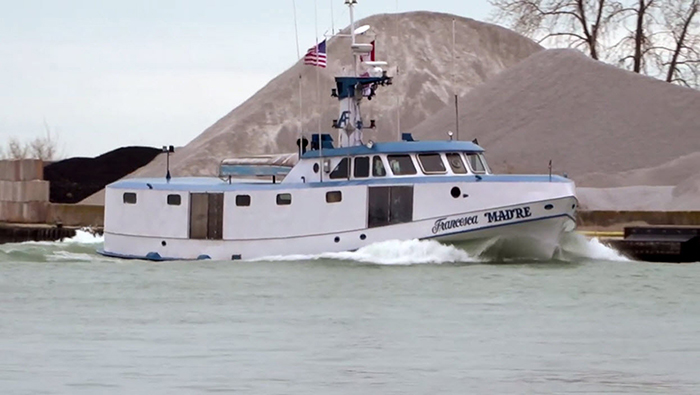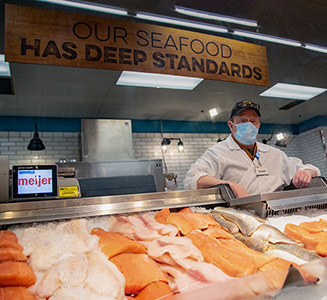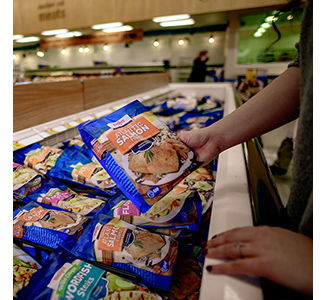Meijer customers are increasingly interested in knowing that the seafood they buy from us is a healthy option and comes from sustainable sources. That’s why we’re taking important steps to provide the highest sustainability standards for both our farmed and wild caught fish selections.
Since 2012, Meijer has partnered with the Global Seafood Alliance (GSA).
Its Best Aquaculture Practices (BAP) certification helps our farmed seafood suppliers achieve the best possible sustainable aquaculture standards. BAP is an international certification program based on achievable, science-based and continuously-improved global performance standards for the entire aquaculture supply chain – farms, hatcheries, processing plants and feed mills. They help assure the production of healthy foods through environmentally and socially responsible means. Since 2017, we have worked with the farmed fish suppliers of our Meijer brand seafood to achieve 4-star certification under the BAP program.
Ultimately, providing sustainable seafood for our customers is a process of continuous improvement. We’re encouraging all our wild caught seafood suppliers to become certified by the Marine Stewardship Council (MSC) or a Global Sustainable Seafood Initiative-approved certification program. We also look to source wild caught seafood from Fishery Improvement Projects – an international initiative that helps fisheries move towards sustainability and MSC certification. One such project we support is a red shrimp fishing community in Argentina.
Another important element of seafood sustainability is a commitment to sourcing from responsible local businesses. Since 1998, we’ve partnered with Great Lakes commercial fishing company, La Nassa Foods, and helped it grow from being the smallest fish processor on Lake Erie to the biggest. In the process, La Nassa has increased its employees from 35 to 105. Today, the company supplies Meijer stores with MSC-certified Lake Erie walleye and yellow perch, along with other lake species each year. That means our customers can eat locally and sustainably.
 |

